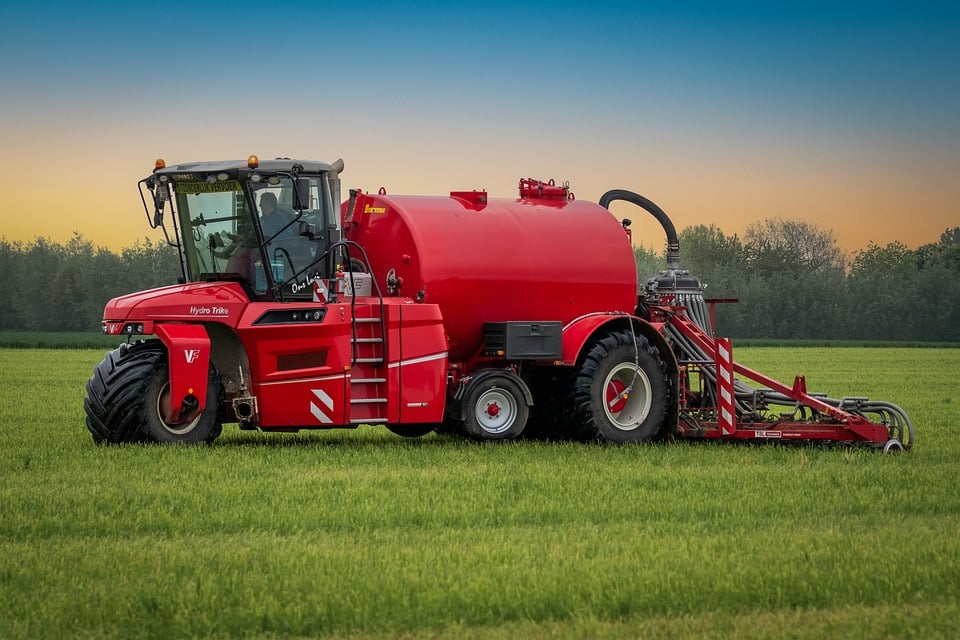For Immediate Release
May 3, 2024
The United States Announces $60 Million to Bolster Agriculture Amid War-Time Threats in Ukraine
Today, USAID Deputy Administrator Isobel Coleman announced that USAID will provide an additional $60 million to help mitigate the impact of Russia’s war on agricultural production in Ukraine and accelerate Ukraine’s economic recovery. Despite Russia’s brutal war and its attempts to destroy Ukrainian farmland and agricultural export infrastructure, agriculture remains a key driver of the economy, generating over 60 percent of the country’s export revenue last year. Following the passage of the National Security Supplemental last week, the United States will also provide at least $1.4 billion in additional funding to support Ukraine’s economic recovery.
This new initiative will work to improve Ukrainian farmers’ production efficiency, sustainability, and competitiveness in the current war-time environment, while helping lay the groundwork for the sector’s long-term, sustainable growth.
The program will be part of USAID’s groundbreaking Agriculture Resilience Initiative-Ukraine (AGRI-Ukraine) aimed at bolstering Ukraine’s agricultural production and exports and to help alleviate the global food security crisis. Since July 2022, USAID has invested over $350 million in AGRI-Ukraine and leveraged more than $370 million from the private sector and other donors, providing a model for effective private sector partnerships. The initiative has already reached more than 32 percent of the country’s registered farmers through providing seeds, fertilizers, crop protection, storage, access to financing and other services, helping over 14,000 farmers deliver the 2022 and 2023 harvests and plant their 2024 crops.
At the launch event, Deputy Administrator Coleman underscored the importance of agriculture to the Ukrainian economy, as well as to global food security. USAID will continue to bolster the entire sector, safeguarding this major economic engine for future generations of Ukrainians, and restoring global food supply.



